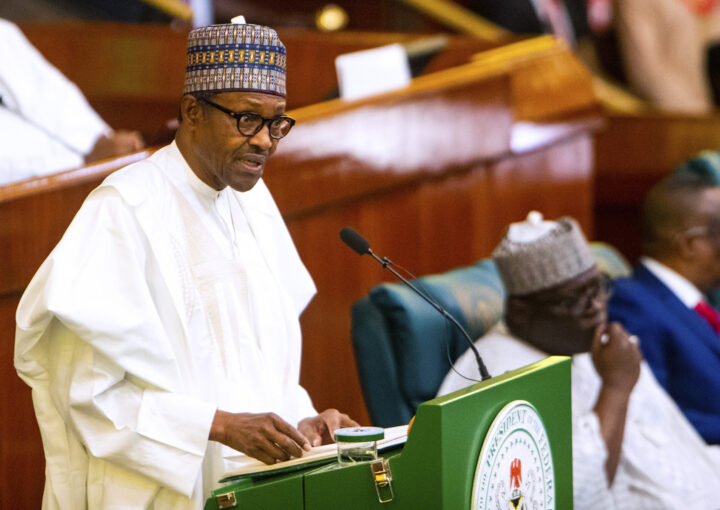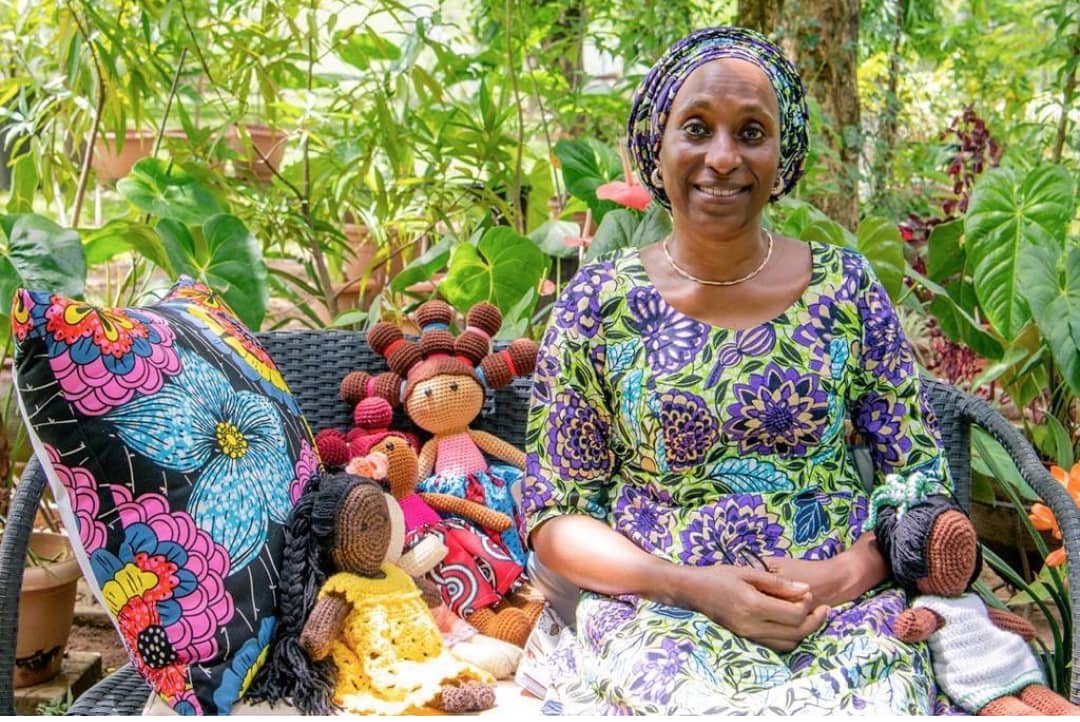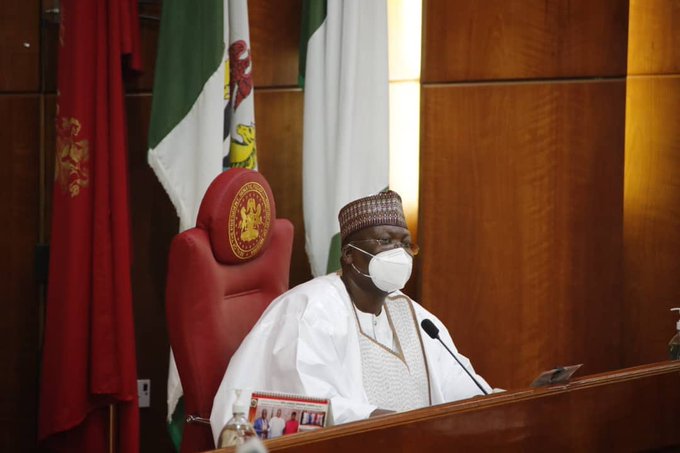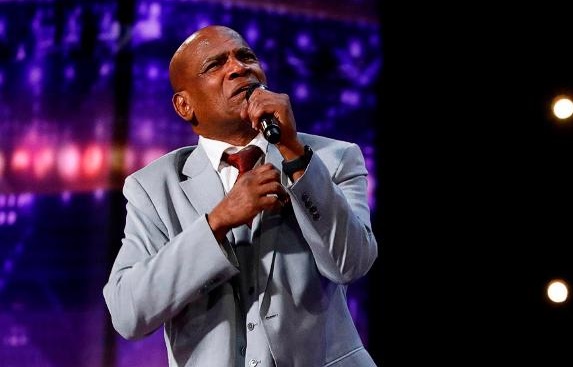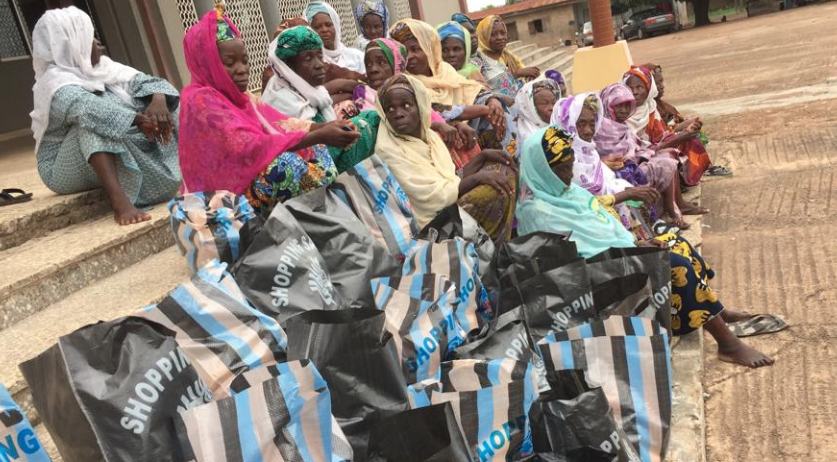PRESIDENT BUHARI PRESENTS 2020 BUDGET TO JOINT NASS A. President Muhammadu Buhari Addressing the Joint session of the National Assembly during the Presentation of 2020 National Budget to a joint session of the National Assembly. PHOTO; SUNDAY AGHAEZE; SUNDAY AGHAEZE. OCT 8 2019.
President Muhammadu Buhari has asked the house of representatives and the senate to approve a loan of $5.5 billion.
This includes $3.4 billion from the International Monetary Fund (IMF), which the lender has already approved and disbursed to Nigeria.
In a letter read during Thursday’s plenary session by Femi Gbajabiamila, the speaker, Buhari said the funds will be used for the federal government’s priority projects and to support the response to the COVID-19 pandemic.
He also said part of it will be used to fund the revised 2020 budget, and to support the state governments.
Advertisement
A breakdown of the proposed loan, which was also sent to the senate, shows $1.5 billion will come from the World Bank, $500 million from the African Development Bank (AfDB), and $113 million from the Islamic Development Bank.
Some of the listed projects include support of Nigeria’s response to challenges posed by COVID-19, strengthening of the healthcare system, financing smallholder farmers, provision of critical medical supplies to combat COVID-19, enhancing mechanisation of agriculture among others.
Buhari also said the loan will be used to provide fiscal support for the states as well as provide an economic stimulus program that will aid state-level efforts “to protect livelihoods, ensure food security and stimulate economic activity”.
Advertisement
He said the pandemic has resulted in economic and fiscal challenges to many countries including Nigeria “especially with the lower demand for crude oil which has affected our sales and the sharp decline in the price of oil”.
“The COVID-19 pandemic has also created the need for additional expenditure in the health sector. All of these have necessitated a review of the 2020 budget and the medium-term expenditure framework,” he added.
The president also said the revised budget for 2020 has a higher deficit, and that “in order to finance this deficit, the federal government is planning to raise funds from both domestic and external sources”.
Since recording its first case of the coronavirus on February 27, Nigeria has so far had close to 9,000 cases of the disease which has killed 254 persons.
Advertisement
To curb its spread, the federal government had shut down schools and airports in addition to other measures that have dealt a heavy blow on the nation’s economy.
Add a comment

